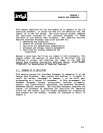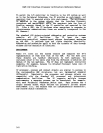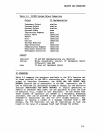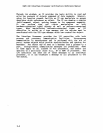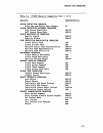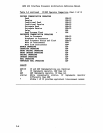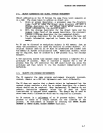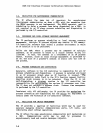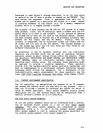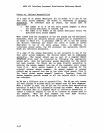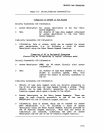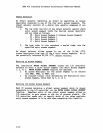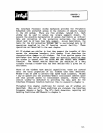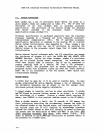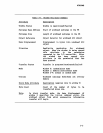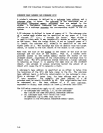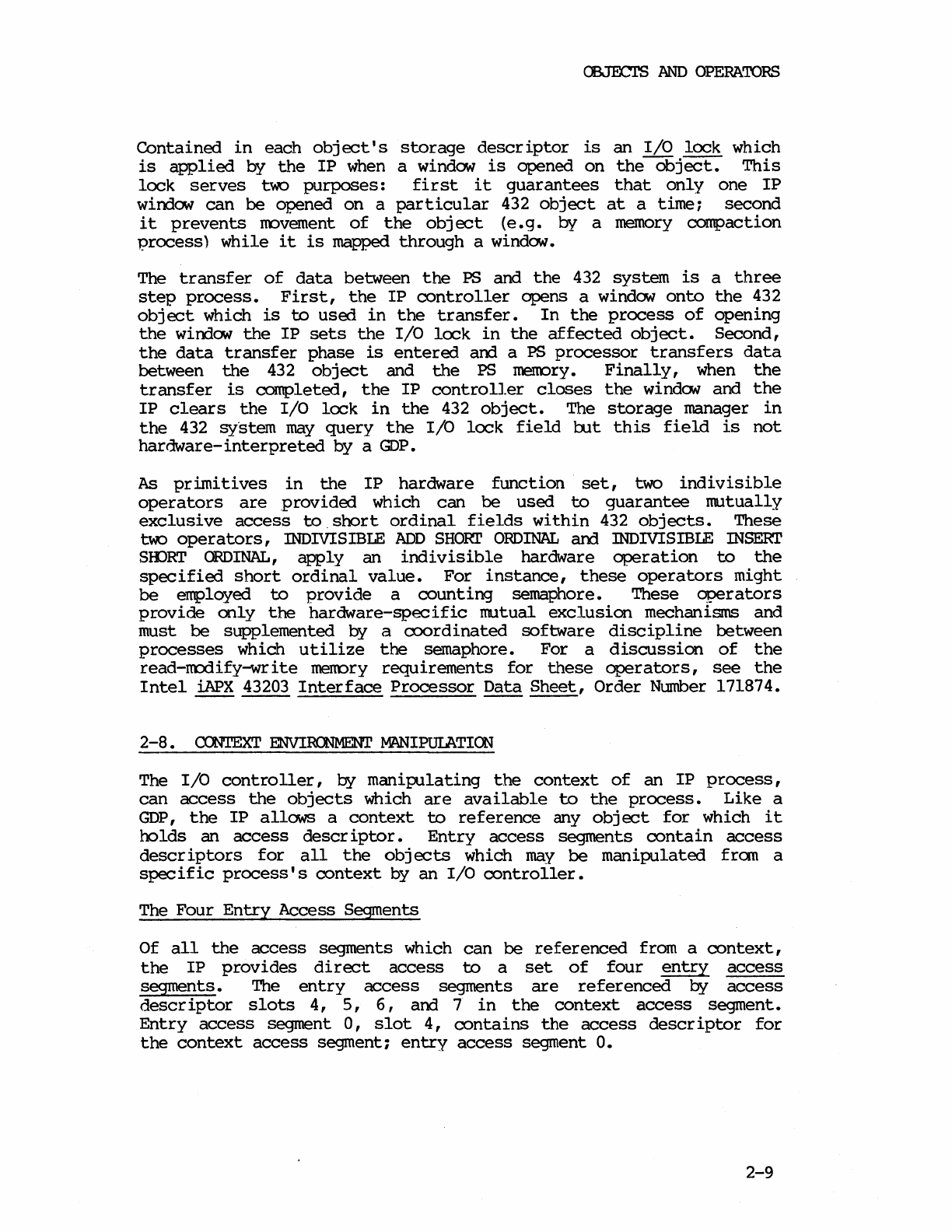
0BJECrS
AND
OPERATORS
Contained
in
each
obj
ect
' s
storage
descr
iptor
is
an
I/O
lock
which
is
applied
by
the
IP
when a window
is
opened
on
the
object.
This
lock
serves
'bNo
purposes:
first
it
guarantees
that
only
one
IP
window
can
be
opened
on
a
particular
432
object
at
a
time;
second
it
prevents
IIDvement
of
the
object
(e.g.
by
a
memory
compaction
process)
while
it
is
mapped
through
a window.
The
transfer
of
data
between
the
PS
and
the
432
system
is
a
three
step
process.
First,
the
IP
controller
opens
a window
onto
the
432
object
which
is
to
used
in
the
transfer.
In
the
process
of
opening
the
window
the
IP
sets
the
I/O
lock
in
the
affected
object.
Second,
the
data
transfer
phase
is
entered
and a
PS
processor
transfers
data
between
the
432
object
and
the
PS
rnenory.
Finally,
when
the
transfer
is
completed,
the
IP
controller
closes
the
windCM
and
the
IP
clears
the
I/O
lock
in
the
432
object.
The
storage
manager
in
the
432 sy'stem
may
query
the
I/O
lock
field
rut
this
field
is
not
hardware-interpreted
by a
GOP.
As
primitives
in
the
IP
hardware
function
set,
two
indivisible
operators
are
provided
which
can
be
used
to
guarantee
mutually
exclusive
access
to,short
ordinal
fields
within
432
objects.
These
tw:>
operators,
INDIVISIBLE
ADD
SHORI'
ORDINAL
and INDIVISIBLE
INSERl'
SHORT
ORDINAL,
apply
an
indivisible
hardware
operation
to
the
specified
short
ordinal
value.
For
instance,
these
operators
might
be
employed
to
provide
a
counting
semaphore.
These
operators
provide
only
the
hardware-specific
rrutual
exclusion
mechanisms
and
must
be
supplemented
by a cx:>ordinated
software
discipline
between
processes
which
utilize
the
semaphore.
For
a
discussion
of
the
read-rrodify-write
menory
requirements
for
these
operators,
see
the
Intel
iAPX
43203
Interface
Processor
Data
Sheet,
Order
Number
171874.
2-8.
CXNl'EXT
ENVIRGJMENT
MANIPUIATION
The
I/O
controller,
by
manipulating
the
context
of
an
IP
process,
can
access
the
objects
which
are
available
to
the
process.
Like
a
GDP,
the
IP
allows
a
context
to
reference
any
obj
ect
for
which
it
holds
an
access
descr
iptor
•
Entry
access
segments
contain
access
descriptors
for
all
the
objects
which
may
be
manipulated
fran
a
specific
process's
context
by
an
I/O
controller.
The
Four
Entry
Access
Segments
Of
all
the
access
segments which
can
be
referenced
from a
context,
the
IP
provides
direct
access
to
a
set
of
four
entry
access
segments.
The
entry
access
segments
are
referenced
by
access
descr
iptor
slots
4,
5,
6 , and 7
in
the
context
access
segment.
Entry
access
segment
0,
slot
4,
contains
the
access
descr
iptor
for
the
context
access
segment;
entry
access
segment
O.
2-9



